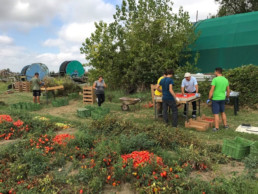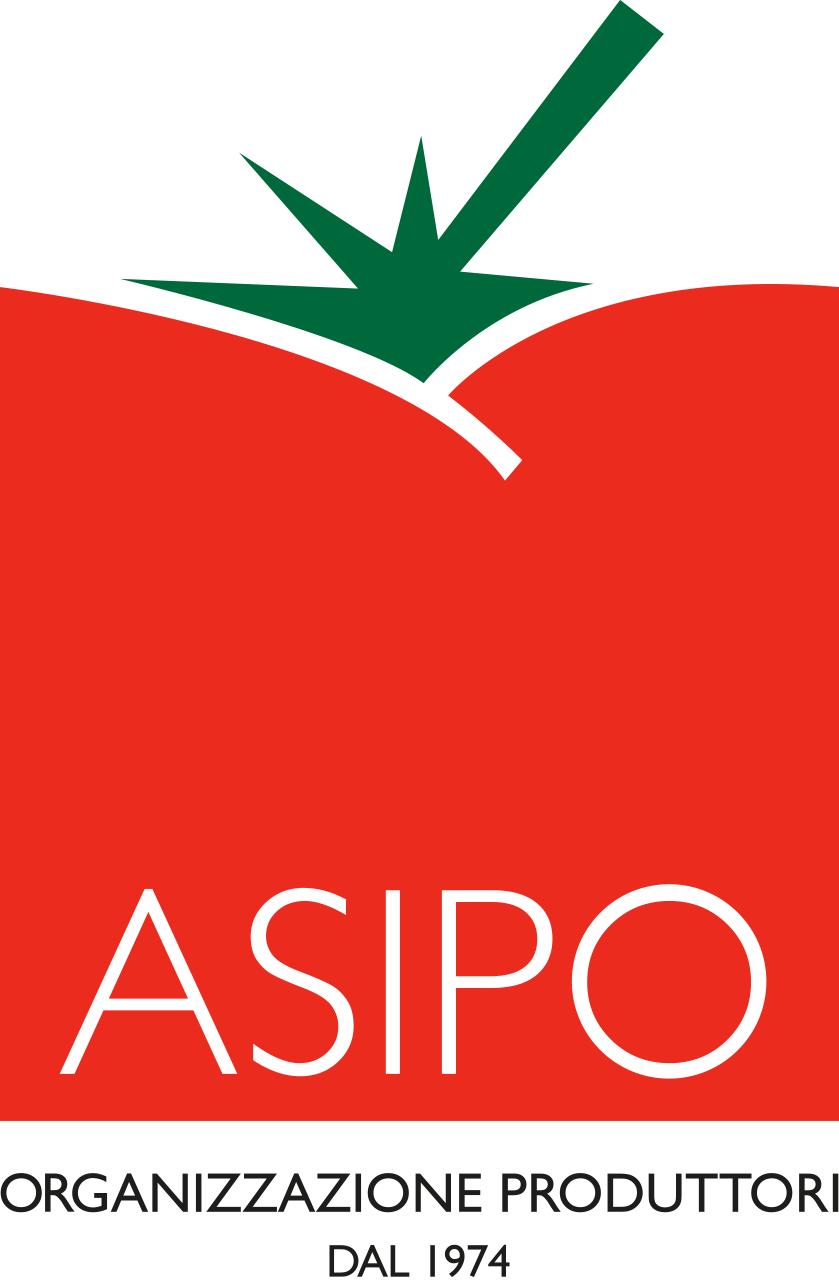The agrarian research on the tomato cultivation finds its roots at the beginning of the 18th century in Europe. Today the varietal testing, called breeding, is carried out by private seed companies and research institutes (for example in Italy we have the CREA – Council for Agricultural Research and Agricultural Economy Analysis).
The tomato supply chain requires varieties with high production potential, adaptable to the most adverse climatic conditions and resistant to the main diseases, while at the same time trying to satisfy the demands of the industrial part for more savoury products, with an intense colour thanks to the content of lycopene, rich of pulp and high sugar content (or degree brix).
Give special attention to the studies on environmental sustainability, as regards the tomato cultivation techniques, such as:
- the proper application of water supplies, so as to satisfy the crop needs by irrigating only when necessary, without wasting this precious resource. For this reason drip irrigation is widely used to optimize its use;
- the preparation of fertilization plans, necessary to calculate the correct dose of the macro elements (nitrogen, phosphorus and potassium), to improve the product quality, protecting the environment from possible pollution;

Without forgetting the application of good agricultural practices: rotations, tillage, soil protection and management, weed control and everything that allows us to obtain a good, healthy product, respecting the land and the environment.
For this reason all the production of our members is cultivated according to the rules of integrated production, guaranteed by the most known national and international certifications, or according to the European organic cultivation principles.
The Inter-branch Organisation of the Northern Italy Tomato promotes and organises varietal testing in various areas of our territory. Here you can find the results of the OI varietal testing.( http://www.oipomodoronorditalia.it/?page_id=1602&id_post=3888).
ASIPO collaborates with many research public and private bodies, such as CRPV (Plant Production Research Centre) CREA (Council for Agricultural Research and Analysis of the Agricultural Economy, CREA-OF) and SSICA (Experimental Station for Food Conserve Industry).
As of today we have two ongoing projects:
